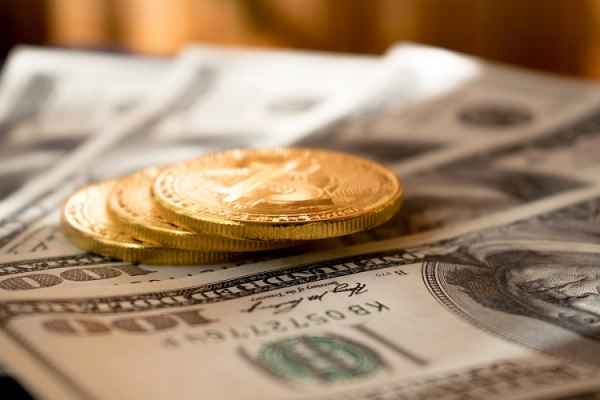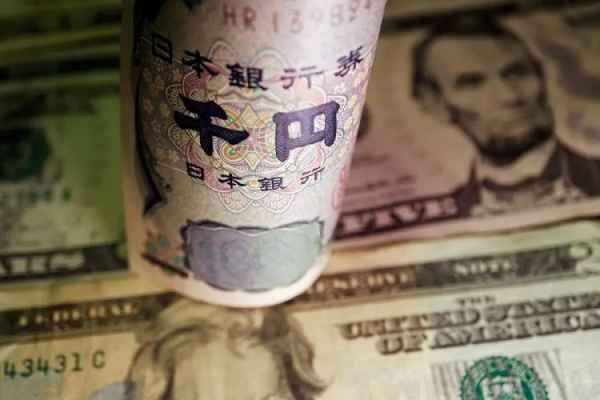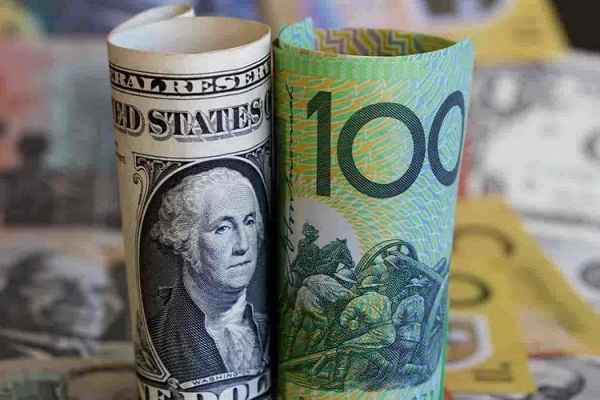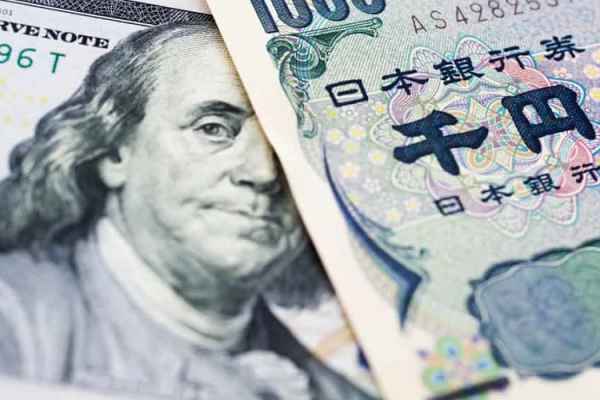US inflation data was negative for the first time since May 2020, causing the US dollar to lose against other major currencies.
The US inflation report for the December 2022 period shows monthly growth below zero, so market players are increasingly convinced that the Fed will stop its interest rate hike cycle in the first quarter of this year. Consequently, the US dollar exchange rate slid in the New York trading session on Thursday (12/January).
The US dollar index (DXY) briefly fell nearly 1 percent to the 102.30s range. USD/JPY plunged more than 2 percent through the 129.60s. Meanwhile, EUR/USD skyrocketed until it had 'kissed' a nine-month record high at 1.0838.
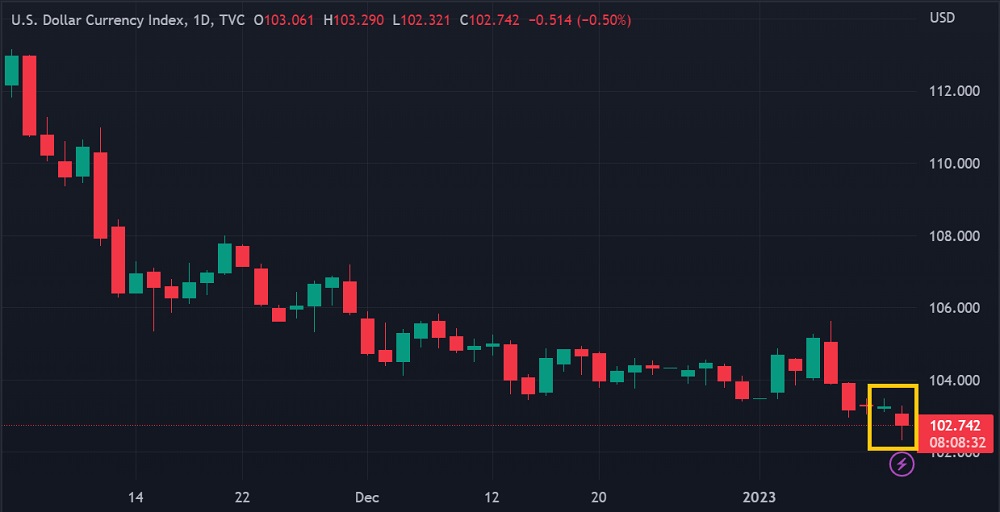
US Inflation Trend Continues to Decline
US inflation data recorded -0.1 percent (Month-over-Month) in December 2022. Economists had previously predicted zero percent growth.
This was the first negative monthly CPI inflation rate since May 2020. The data also reflects a solid downward trend, with the annual inflation rate dragging from 7.1 percent to 6.5 percent.
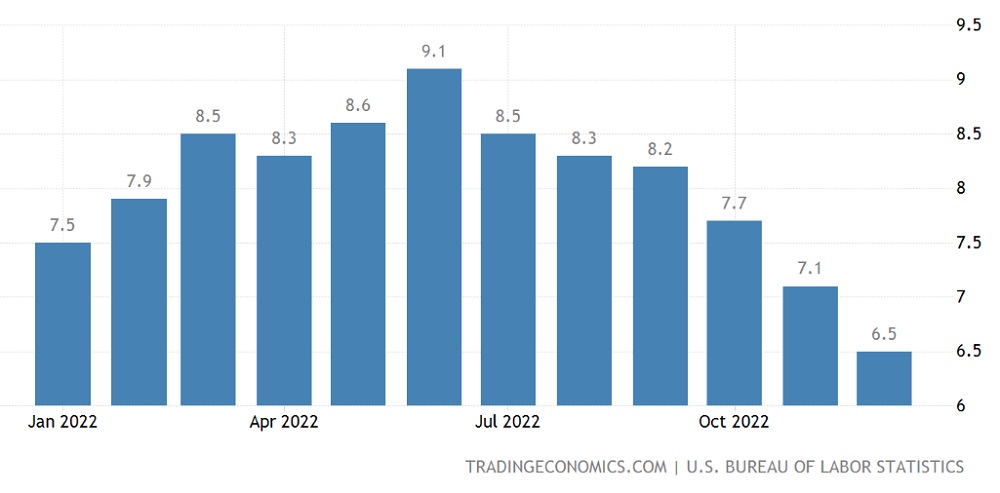
Such a downward trend in inflation supports market expectations for an end to the Fed's interest rate hike cycle in the near future. Even though the dot plot of the December FOMC meeting showed the projected terminal interest rate to be above 5 percent, the significant drop in inflation opened up the possibility for the Fed to stop raising interest rates before reaching that level.
"Three (consecutive) months of relatively weaker core inflation figures are starting to establish a trend... a trend that could prompt the Fed to slow the pace of further tightening (at its next FOMC meeting) on February 1," said Sal. Guatieri, senior economist at BMO Capital Markets.
Yen and Euro Raised New Speculation
The US dollar exchange rate was also hit by several other news related to its two main rivals: the euro and the yen. Contrary to the increasingly dovish projections of The Fed's interest rates, the European Central Banks (ECB) and Japan (BoJ) policy bias is even more aggressive.
The Yomiuri reports that next week's BoJ meeting will examine the side effects of the loose monetary policy that has been in place for the past few years. In addition, the BoJ is likely to take steps to "correct" the distortions in the yield curve that have arisen due to the policy.
"Last night's reports emphasize that next week's BoJ meeting opens the door to a policy change," said Chris Turner of ING, as reported by Reuters, "You can (probably) start to see monetary policy normalization which would be a big move for Japan (and) a positive wind for yen."
Several high-ranking ECB officials recently called for interest rates to be raised even higher to curb inflation. Eurozone inflation has been on a losing streak for the last three months of 2022, but the headline rate is still above 9 percent.
"Our expectation is to raise rates by another 125 basis points from the ECB and then keep rates high through 2024," Turner added, "Our core view for Fed versus ECB policy points to a stronger EUR/USD so far this year."

 Dedicated FREE FOREX VPS
Dedicated FREE FOREX VPS Free FOREX Virtual Private Server
Free FOREX Virtual Private Server MT4 Demo Contest, Get $500
MT4 Demo Contest, Get $500 Sign Up for an Account, Claim 60% Deposit Bonus
Sign Up for an Account, Claim 60% Deposit Bonus Free MT4/MT5 VPS 2024
Free MT4/MT5 VPS 2024 Send E-mail and Get Free Merchandise
Send E-mail and Get Free Merchandise $1K Refer a Friend Bonus for Pepperstone Pro clients
$1K Refer a Friend Bonus for Pepperstone Pro clients Maximize Your Earnings with 100% Deposit bonus
Maximize Your Earnings with 100% Deposit bonus Trade to Win, $5,000 Monthly Demo Contest
Trade to Win, $5,000 Monthly Demo Contest Claim 30% + 15% Deposit Bonus from LiteFinance
Claim 30% + 15% Deposit Bonus from LiteFinance


